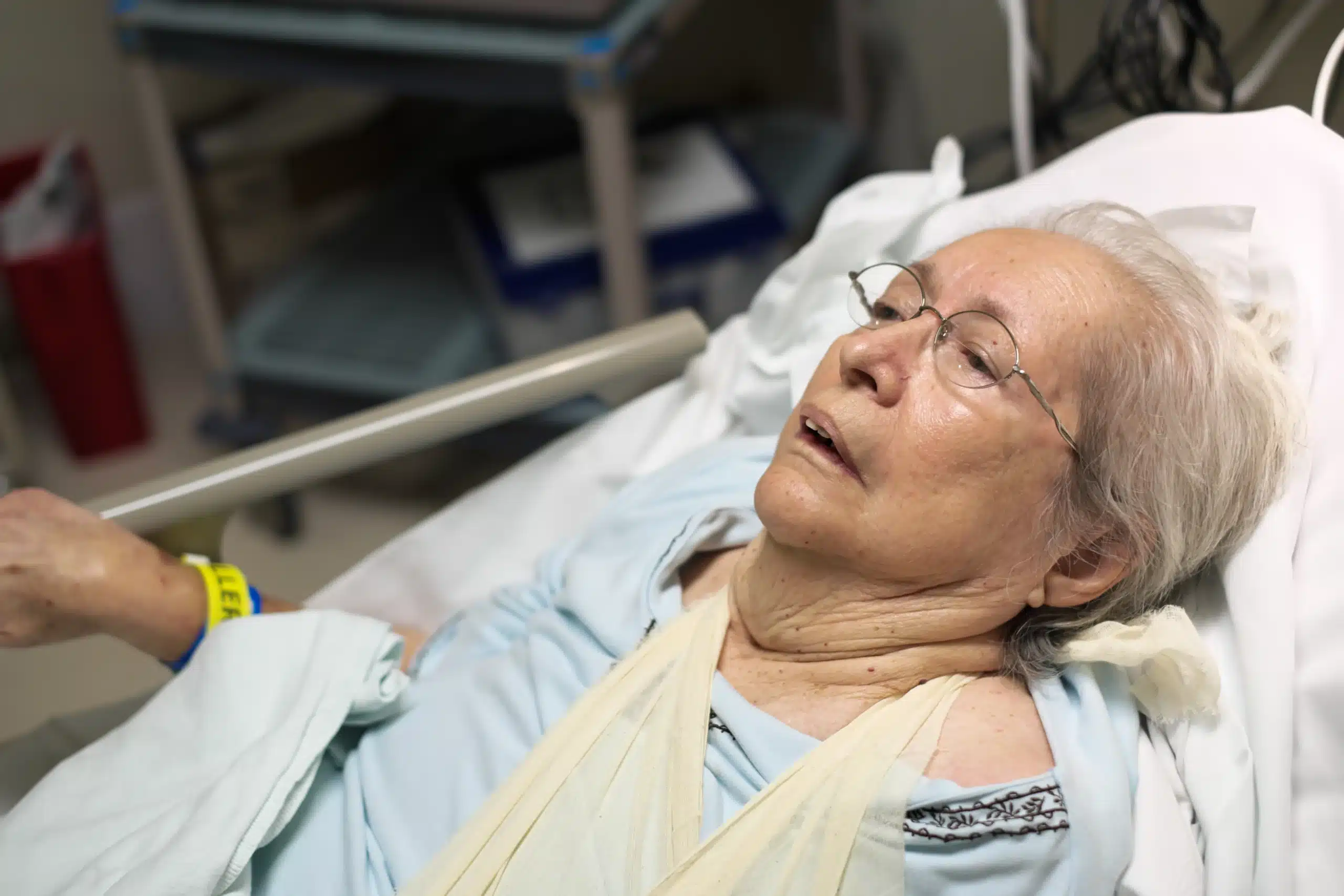A national, privately-owned nursing home chain advertised its services with glossy brochures, showing its smiling staff serving 5-star dinners to happy residents in immaculate dining halls. Pictures of nurses out of central casting were seen providing “concierge” medical care to healthy residents in beautiful bedrooms. The goal, of course, was to induce residents and their families to believe that top-notch service was provided. Both private insurance and taxpayer-funded Medicare was happily accepted.
In reality, residents who were unable to feed or care for themselves routinely went without adequate nutrition and basic healthcare. In one instance, a diabetic patient died because he was not given a snack by a poorly trained and overworked nursing assistant. A subsequent lawsuit by Williams Elleby Howard & Easter attorneys revealed the chain had a pattern of staffing shortages and inadequately trained staff that repeatedly resulted in substandard care. After fighting hard to obtain internal records, the chain was required to turn over emails and memos that showed the profit motive behind these staffing shortages.
“[R]esearch findings consistently show higher staffing levels are related to higher quality of care,” However, “under current government prospective payment systems, nursing homes make choices on how to allocate their resources. About 70% of nursing homes are for-profit facilities with an orientation to maximizing profits for owners and shareholders.”
Failure to Meet Nurse Staffing Standards: A Litigation Case Study of a Large US Nursing Home Chain .
Providing substandard care including minimum staffing for residents, especially to increase profits, is illegal.
Under federal regulations, nursing homes are required to:
- Provide nursing care to all residents on a 24-hour basis in accordance with resident care plans.
- Have a “licensed nurse to serve as a charge nurse on each tour of duty… and licensed nurses have the specific competencies and skill sets necessary to care for residents’ needs, as identified through resident assessments, and described in the plan of care.”
- The facility must meet or exceed a minimum of 3.48 hours per resident day for total nurse staffing including a minimum of 0.55 hours per resident day for registered nurses 2.45 hours per resident day for nurse aides; and
- aides must be “able to demonstrate competency in skills and techniques necessary to care for residents’ needs, as identified through resident assessments, and described in the plan of care.”
Code of Federal Regulations, 42 C.F.R. § 483.35.
A good way to research whether a nursing home has a history of poor staffing or other problems is to look on the Medicare’s “nursing home compare” website. Medicare.Gov This site provides information on nursing homes by location and includes comparisons on the quality of care and staffing.
In many states, including Georgia, a nursing home that hurts someone by failing to follow regulations is liable for negligence and negligence per se. For example, in 2006, the Georgia Court of Appeals specifically held that violations of nursing home staffing regulations allowed a resident’s family to sue for harm that resulted from the violations because “It is obvious that as a resident of the nursing home owned by [Defendant, Plaintiff’s] father belonged to the class of persons for whom these statutes and regulations were intended to protect, and that the injuries set forth in the complaint… were among those these same statutes and regulations were designed to prevent.” McLain v. Mariner Health Care, Inc., 279 Ga. App. 410, 413, 631 S.E.2d 435, 438 (2006).
Some of the most important questions to ask when looking at a potential nursing home negligence or malpractice case are:
- Did the harm result from a violation of a federal or state regulation;
- Was there a pattern of such violations;
- Was there a profit motivation behind the violations?
Nursing home cases can be complex and difficult to prove. Having an experienced lawyer who knows the federal and state regulations is important so that victims can understand their legal rights and options.
The experienced medical malpractice attorneys at Williams Elleby Howard & Easter, handle negligent nursing home cases throughout the State of Georgia. If you would like to discuss your case, call today to schedule a free consultation at 833-534-2542.
If you or a loved one has been harmed because a nursing home failed to properly staff and provide proper care, Attorney Marc Howard along with the Williams Elleby Howard & Easter team, can help you understand your personal injury claim and work to get you the compensation you deserve.

